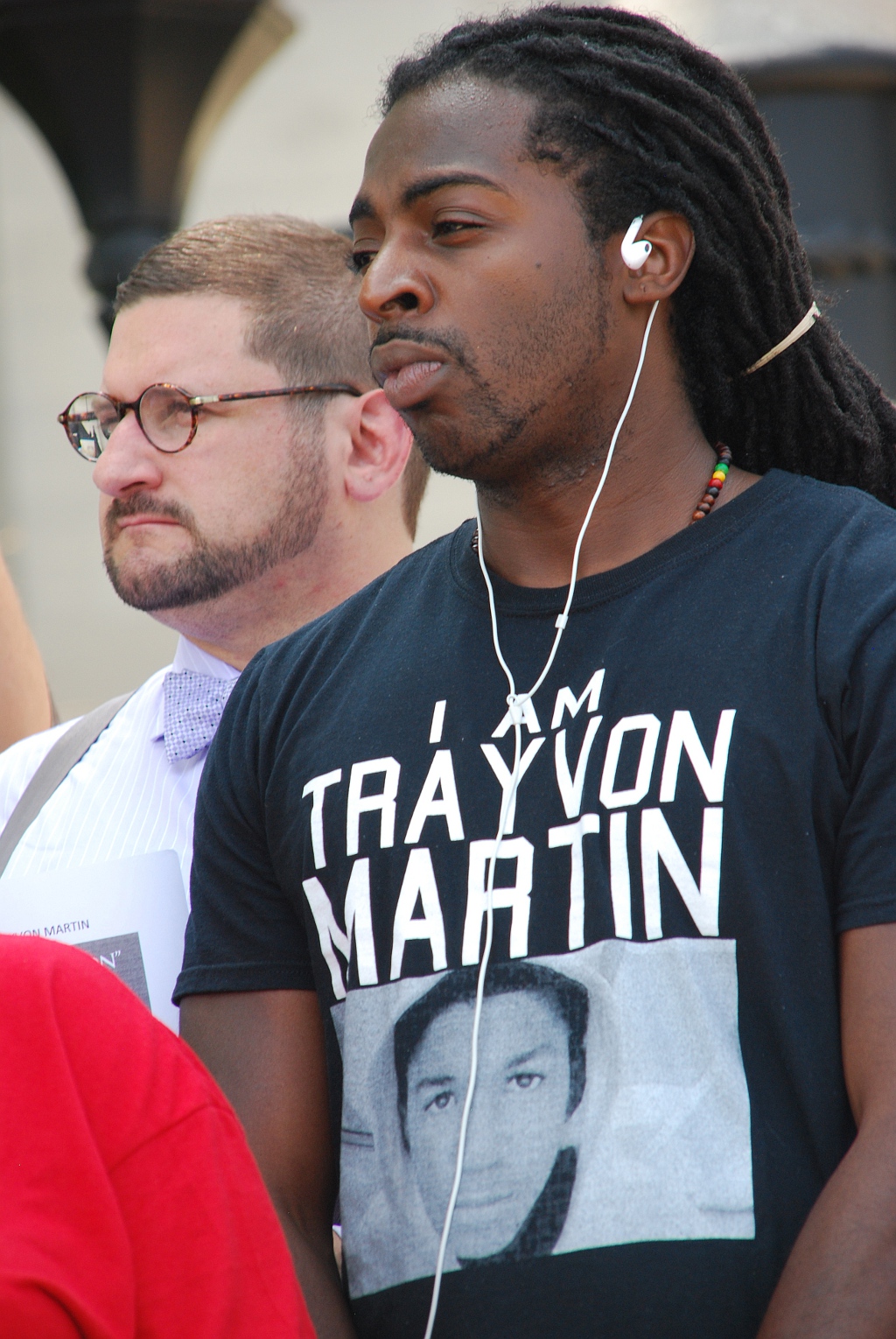The Real Reason People Judge You So Much Based on Your Accent

By:
There are 320 million people in the U.S., but we don't all speak the same way.
There are at least 24 distinctive regions of American English spoken in this country, according to The Washington Post. Some dialects and their corresponding accents cover a wide region, like the Rocky Mountain or Upper Midwestern dialects, and others cover smaller areas but are very specific, like the Louisiana or the Boston Urban dialect.
Regional dialects and accents are often a recognizable marker of a place and the people who live there, so much so that the "authenticity" of Hollywood movies is often evaluated on the actors' ability to nail an accent.
However, a strong regional accent can also lead to discrimination.
A 2015 study by researchers in Germany and the United Kingdom found that people from outside a region tended to discriminate against people from that region with strong accents. However, people from the same region with strong regional accents cooperated more. The speech samples in the study were all German, and listeners could chose to compete or cooperate with the person to accomplish a task based on only their voice.
"We find that individuals are significantly more likely to compete with distant accent speakers in language-related tasks and interpret this as discrimination because the judgment is not based on the performance but on the perception of the speech sample," Stephan Heblich, a lead author of the study and professor at the University of Bristol's Department of Economic, told ATTN: via email.
Heblich added that the discrimination is based on stereotypes about different accents.
"We believe that this is due to cultural stereotypes that affect individuals' behavior since the participants have no actual information about their matched partner's performance other than the speech sample," he explained. "In Germany, there is a strong regional variation in accents."
This type of distinctive variation also happens with U.S. dialects.
Heblich said perceptions about regional accents could be an obstacle for the speaker, but it could also be an asset if used strategically, and the person is able to change their accent.
"There are two ways of looking at this: one is to stress that distance accent speakers are more likely to be discriminated [against]," he said. "Another way to think about this is that individuals can strategically use accents. For example, a politician might find it helpful to use a local accent when giving a speech in his home region to create a sense of trust and familiarity but use standard language in the national parliament to appear equally agreeable to all regions."
Research shows that many people change their accent to appeal to the listener.
In 2010, a paper by researchers from the University of California Riverside found that people unintentionally mimic each other's speech patterns.
"This unintentional imitation could serve as a social glue, helping us to affiliate and empathize with each other, but it also might reflect deep aspects of the language function," the researchers wrote. "Specifically, it adds to evidence that the speech brain is sensitive to - and primed by - speech articulation, whether heard or seen. It also adds to the evidence that a familiar talker's speaking style can help us recognize words."
However, not everyone can change the way they speak to suit the listener and that can can have real consequences.
In 2014, a linguist from Stanford University said prejudice against language differences played a role in the trial of George Zimmerman, the man who shot and killed unarmed teen Trayvon Martin in 2012, and was acquitted.
 Wikimedia Commons/Thomas Altfather Good - wikimedia.org
Wikimedia Commons/Thomas Altfather Good - wikimedia.org
Stanford linguistics professor John Rickford told the university's news publication that black witnesses speaking "non-standard" English are often discredited by juries. A dialect of English spoken by many black Americans is African American Vernacular English (AAVE).
"People speaking non-standard English are even seen as being of poor character," Rickford told the Stanford News. He pointed to the treatment of witness Rachel Jeantel, who was a friend of Martin. She was on the phone with him minutes before he died.
"African Americans on the jury – especially fluent AAVE speakers – would have understood Jeantel, and the presence of even one such juror could have helped the others to understand what she was saying," Rickford told the Stanford News. "But the defense did a good job of making sure there were no African American jurors in this trial."
